Let's face it, some of us lead pretty healthy lives yet end up experiencing hair loss at an early age. Despite using many expensive products and getting the best vitamins for hair growth, hair fall seems inevitable. And this eventually leads to baldness.
But what is the cause of this baldness? This blog talks about the DHT hormone, what it is, how it is responsible for hair loss and how you can treat it.
What is DHT?
Male pattern hair loss is possibly driven most significantly by the body's sex hormones. DHT, or dihydrotestosterone, is an androgen responsible for the growth of body hair, which we know as 'masculine' sex traits. However, it can also speed up and accelerate hair loss. In such cases, the best-marketed vitamins for hair growth may not always work for your condition.
In the science of hair loss treatments, DHT is the most typical genetic cause of hair loss, also known as androgenic alopecia. Although it is male pattern baldness, this factor also contributes to hair loss in women as they age.
What is the role of DHT?
Testosterone is the primary source of DHT produced by both men's and women's bodies. DHT and testosterone are both hormones (androgens) that contribute majorly to the evolution of male sex traits during puberty, which include -
- A deep masculine voice
- More muscular mass and body hair
- Changes in the process of fat storage in the body
- Growth of scrotum, penis, and testicles since sperm production begins
Additionally, testosterone and DHT provide a comprehensive range of additional benefits for men's bodies. They aid in helping men keep their overall muscular strength as they age and encourage sexual well-being and fertility.
Link between DHT and hair loss?
High levels of DHT can cause hair follicles to shrink and therefore shorten the growth cycle of your hair. This process is called miniaturization. With continuous disruption in the growth cycle owing to the levels of DHT, the hair follicles eventually shut down and no longer produce hair.
Treatments for surge in DHT
Many people fail to realize the severe reason behind their hair loss or baldness, which is none other than DHT. Yet, if you succeed in recognizing the potential factor behind your unnatural hair fall, below these could be your effective treatment options.
1. Major lifestyle adjustments at the earliest
At a certain point in life, your body might start putting on some fat unwillingly. And excess weight or obesity can cause various ailments, including baldness. Hence, losing weight might aid in reducing DHT production. Surprisingly, some diets may lessen DHT's negative impact on your hair follicles.
In fact, lifestyle changes and modifications of daily habits can lead to contrasting outcomes that might not be in your favor. In addition to quitting smoking, practicing yoga or engaging in regular exercise can help lower stress, which may contribute to dangerous scalp inflammation. Also, consuming supplements or multi-vitamins for hair growth may work in such a circumstance. You can opt for Supplements for Healthy Hair and Hairfall Control with powerful ingredients and nutrients nourishing hair and promoting the growth.
2. Vitamins and Natural DHT blockers
Experts claim that turmeric and green tea can lessen the effects of DHT. Niacin, biotin, and other vitamin supplements can also aid in the prevention of hair loss by boosting blood flow to the scalp or lowering anxiety and inflammation. You can find some best vitamins for hair growth as a supplement comprising essential vitamins A, C, and D.
Ingredients like Berries, Amla,Coconut Oil, Pumpkin Seeds act as natural DHT blockers.
3. Set your hair free
Many dermatologists advise female patients experiencing hair loss to avoid headbands, hair ties, and clips. Medical research has also shown that avoiding sulfate-containing shampoos, treatments, and colorings too prevents hair loss.
4. Finasteride
The prescription medication inhibits the breakdown of testosterone to DHT. It's solely FDA-approved to use by only men. The American Hair Loss Association states that researchers are working on other inhibitor drugs.
DHT Blockers & Their Effects
Many medicines, like inhibitors and blockers, prevent DHT production at an excess rate and cure DHT-related hair loss. Many of those prescriptions seem to work eventually. However, there can be certain side effects of these blockers, like any other medicines, including -
- Nausea
- Skin rash
- Vomiting
- Excess fat gain
- Erectile dysfunction
- Congestive heart failure
Conclusion :
In addition to hair loss prevention, your scalp and hair require some active elements like keratin, amla extract, biotin, zinc, and silica as well. The sooner you address hair loss problems, the faster you can avoid permanent damage. To begin your journey to a head of hair with more volume, go to a medical practitioner immediately.
References
Ustuner ET. Cause of androgenic alopecia: crux of the matter. Plast Reconstr Surg Glob Open. 2013 Nov 7;1(7):e64. doi: 10.1097/GOX.0000000000000005. PMID: 25289259; PMCID: PMC4174066. https://www.ncbi.nlm.nih.gov/pmc/articles/PMC4174066/
Kinter KJ, Anekar AA. Biochemistry, Dihydrotestosterone. [Updated 2022 Mar 9]. In: StatPearls [Internet]. Treasure Island (FL): StatPearls Publishing; 2022 Jan-. Available from: https://www.ncbi.nlm.nih.gov/books/NBK557634/
Kinter KJ, Anekar AA. Biochemistry, Dihydrotestosterone. [Updated 2022 Mar 9]. In: StatPearls [Internet]. Treasure Island (FL): StatPearls Publishing; 2022 Jan-. Available from: https://www.ncbi.nlm.nih.gov/books/NBK557634/
Zito PM, Bistas KG, Syed K. Finasteride. [Updated 2022 Aug 25]. In: StatPearls [Internet]. Treasure Island (FL): StatPearls Publishing; 2022 Jan-. Available from: https://www.ncbi.nlm.nih.gov/books/NBK513329/
Yang CC, Hsieh FN, Lin LY, Hsu CK, Sheu HM, Chen W. Higher body mass index is associated with greater severity of alopecia in men with male-pattern androgenetic alopecia in Taiwan: a cross-sectional study. J Am Acad Dermatol. 2014 Feb;70(2):297-302.e1. doi: 10.1016/j.jaad.2013.09.036. Epub 2013 Nov 1. PMID: 24184140. https://pubmed.ncbi.nlm.nih.gov/24184140/
Guo EL, Katta R. Diet and hair loss: effects of nutrient deficiency and supplement use. Dermatol Pract Concept. 2017 Jan 31;7(1):1-10. doi: 10.5826/dpc.0701a01. PMID: 28243487; PMCID: PMC5315033. https://www.ncbi.nlm.nih.gov/pmc/articles/PMC5315033/













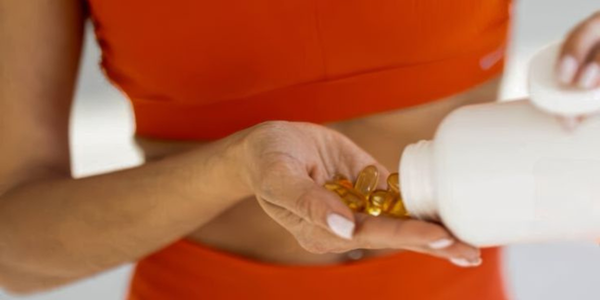


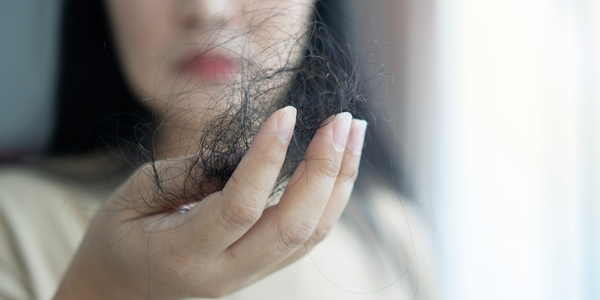
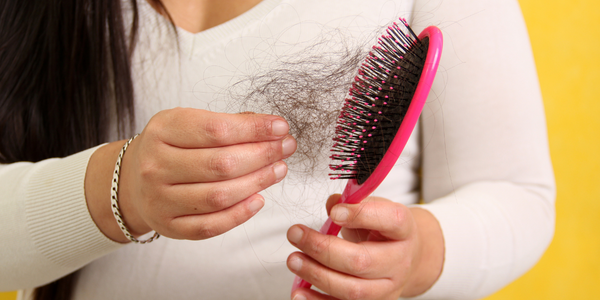
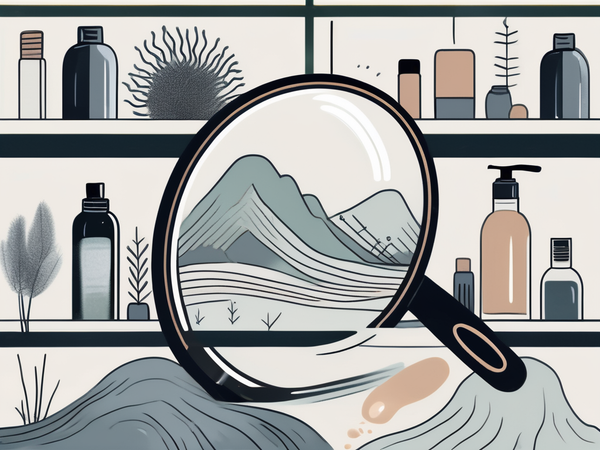
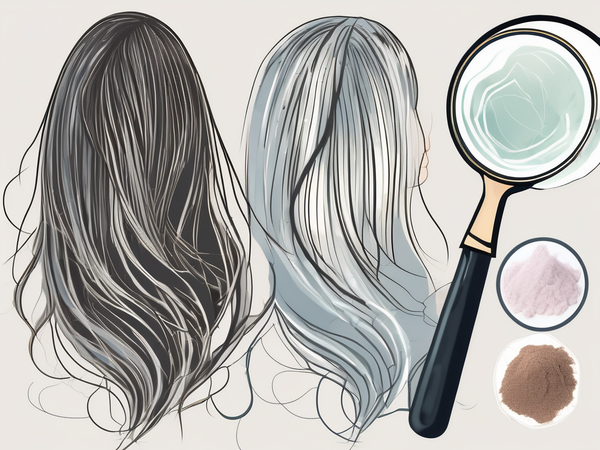
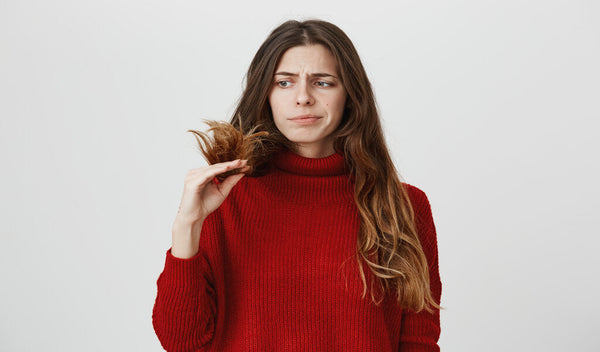






 DOWNLOAD NOW
DOWNLOAD NOW
